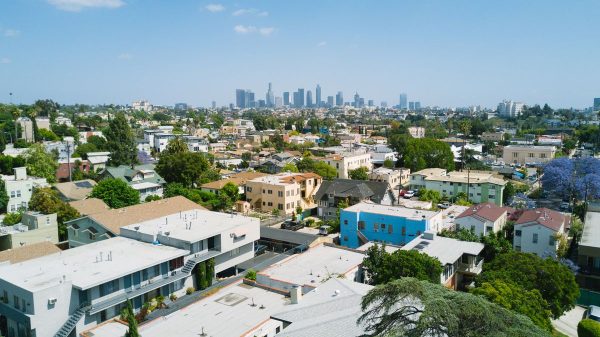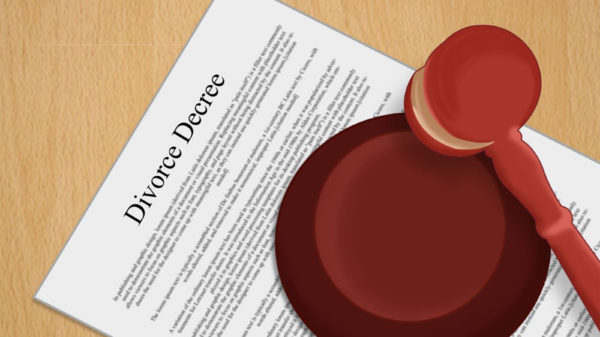Renting an apartment in San Diego comes with its share of sun, surf, and a specific set of tenant rights. As a tenant, it’s crucial to understand these rights to ensure you are protected and treated fairly throughout your tenancy. This article outlines the key legal protections and rights that San Diego tenants should be aware of.
Understanding Your Lease Agreement
The Foundation of Tenancy
Your lease agreement is the foundational document that outlines your rights and responsibilities as a tenant. Ensure you read and understand the terms of your lease before signing. This includes rent amount, lease duration, and policies on pets, visitors, and subletting.
Modifications to the Lease
Remember, a lease can often be negotiated or modified before signing. Don’t hesitate to discuss any terms you’re uncomfortable with.
Rent Control and Increases
Rent Control Laws
San Diego follows California’s statewide rent control laws. These laws limit the amount by which your rent can be increased annually and provide just cause eviction protections.
Notice of Rent Increase
Under California law, landlords must provide a 30-day notice for rent increases of 10% or less and a 90-day notice for increases over 10%.
Security Deposits
Limitations on Amount
California law limits security deposits to two months’ rent for unfurnished apartments and three months’ rent for furnished ones.
Return of Deposit
Landlords must return your security deposit within 21 days after you move out, along with an itemized statement of any deductions.
Repairs and Maintenance
Habitability
Your landlord is legally required to keep your rental unit habitable. This includes maintaining structural elements, providing hot water, and ensuring functioning electrical, plumbing, and heating systems.
Requesting Repairs
If repairs are needed, notify your landlord in writing. The landlord is typically required to make necessary repairs within a reasonable time.
Privacy and Entry
Right to Privacy
Tenants have the right to privacy in their rental unit. Landlords must provide a 24-hour notice before entering your apartment, except in emergencies or when you’ve given permission.
Eviction Protections
Just Cause Requirement
Under California law, landlords must have just cause to evict tenants. Just cause can be either “at-fault,” such as non-payment of rent, or “no-fault,” such as the owner moving back into the unit.
Notice Period
Tenants must be given notice of eviction according to the specified period in the law, which varies based on the cause and length of tenancy.
Anti-Discrimination Laws
Fair Housing Act
The Fair Housing Act protects tenants from discrimination based on race, color, national origin, religion, sex, familial status, or disability.
California’s Additional Protections
California law extends these protections to include sexual orientation, gender identity, marital status, and source of income.
Additional Tenant Rights
Right to a Copy of the Lease
You are entitled to a copy of your signed lease agreement.
Right to Organize
Tenants have the right to form and participate in tenant unions or associations without retaliation from the landlord.
Finding Your Apartment in San Diego
An easy way to find apartments in San Diego is to search apartments for rent in San Diego on a leading real estate website like Zumper. While searching, consider these legal protections to ensure your potential home meets all legal standards for tenant rights.
Conclusion
As a tenant in San Diego, knowing your legal rights is crucial for a secure and enjoyable renting experience. From understanding your lease agreement to knowing your rights regarding rent control, security deposits, and evictions, being informed is your best defense. Use resources like Zumper to find suitable apartments and always stay aware of your rights and responsibilities for a happy tenancy in sunny San Diego.









































































You must be logged in to post a comment Login